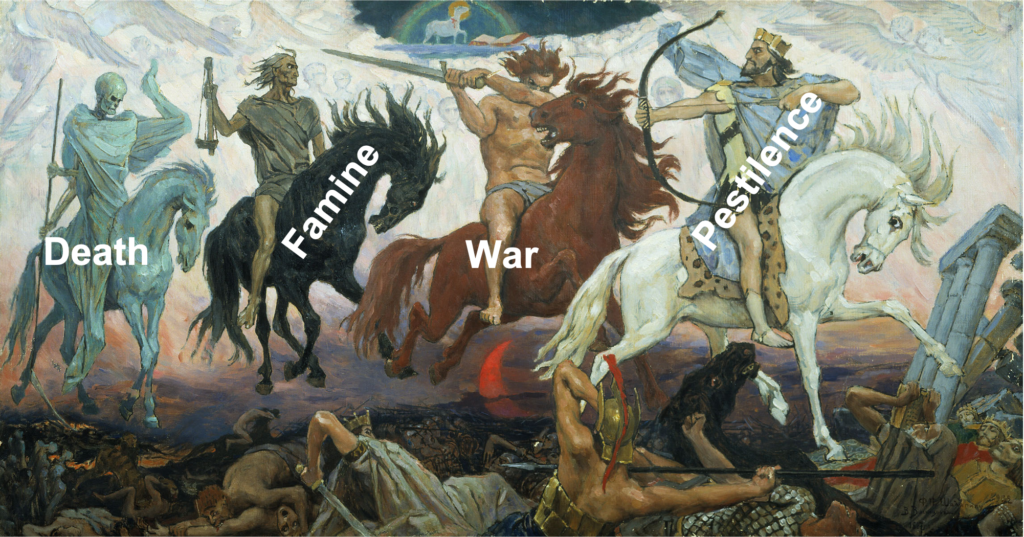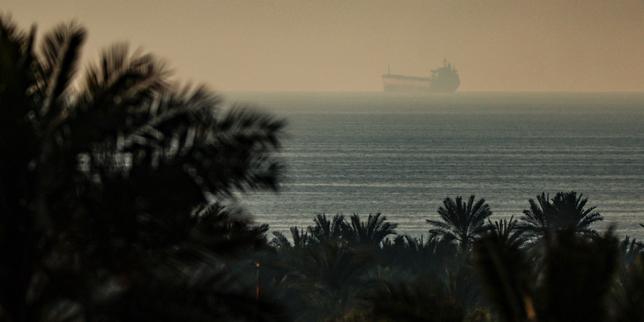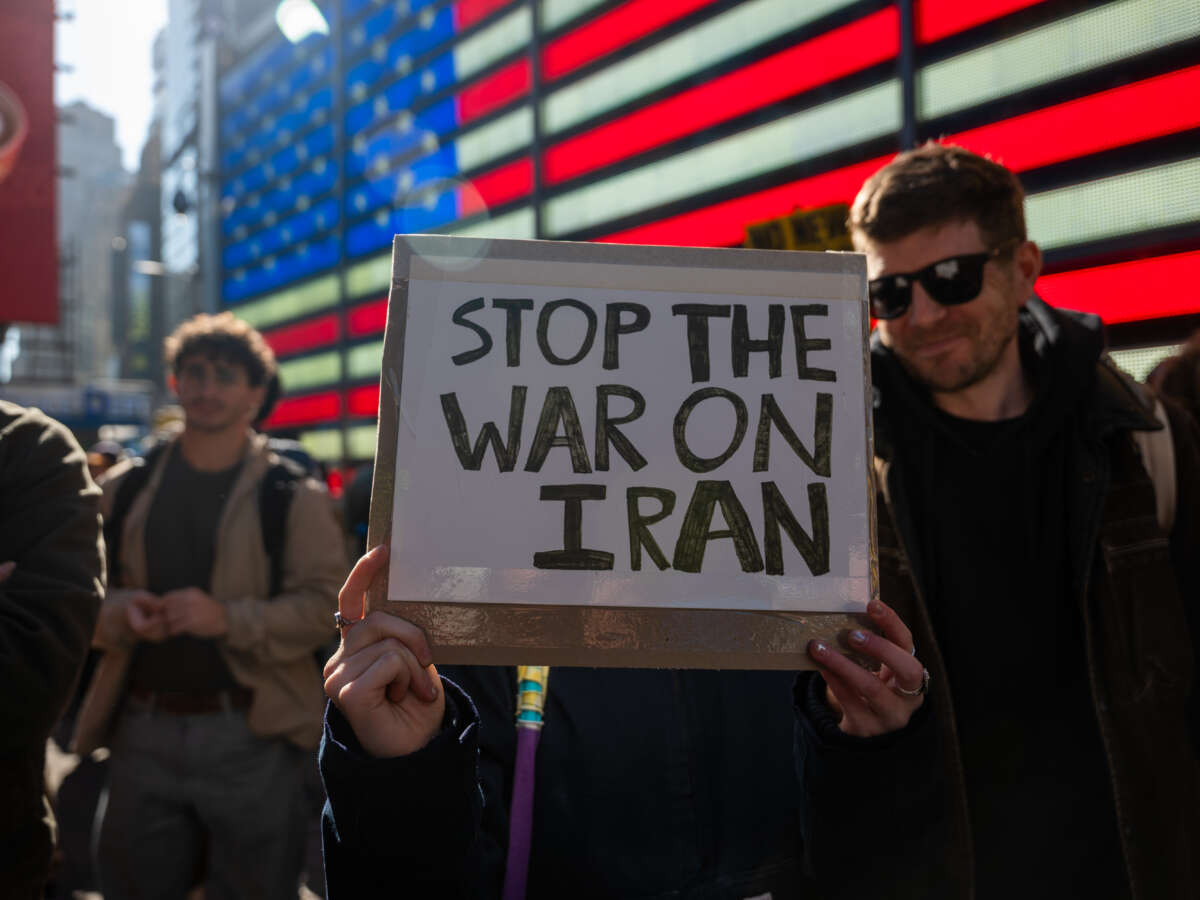Pharma Distribution M&A Opportunity
Despite of their apparent large sizes, many of the CACA countries are not very densely populated and are relatively new to market economics, which leaves them very vulnerable to ‘the giants’ lurking around- whether in the form of China & India, or Russia & Turkey, but also EU, S.Korea, Japan…
This begs the question whether they can compete in any industry, but even more so in giant-company dominated pharmaceuticals market!? Well, as it turns out some of the negative exogenous influences on the local players, turn out as advantages when thinking of foreign competition & barriers to entry:
- existing market prices are often not attractive enough for setting up shop
- government initiatives & regulation seem too burdensome from far
- licensing for small volumes & targeted production is overwhelming
- long-term state, hospital & doctor rolodexes the locals have are golden
- reliability of the local brand & pharmacist is not substitutable
- there is a touch of xenophobia as well, worried that ‘their’ sheer numbers will overrun the country in question
- knowledge of the local personnel, education & training markets is an edge
- own distribution and logistics is strengthening local producers
- own local ‘generic-brands’ are known while a no-name imported generic is not
- mid-segment is the key hunting ground for many a locals, by adding a little margin to the locally known product / brand
As one can imagine it is not easy finding consistent, reliable & up-to-date data on one EMMA country alone, let alone on a whole region like CACA which is not always known for its transparency. So when we found a source that collected & sorted some statistics for 11 countries we imagine the CACA region, we jumped on it regardless how old or potentially erroneous… No wonder, it was published by the International federation of pharmaceutical manufacturers & associations (IFPMA, 2017):

While the data can be informative in many ways, we wanted to rank the countries for a select representative category indicators that were reported. In terms of Life expectancy at birth (yrs), Physicians (per 1,000), Health expenditure ($ per capita) and Pharma sales ($ per capita), the ranking was as follows (from most developed to least): Georgia, Kazakhstan, Azerbaijan, Iran, Mongolia, Armenia, Uzbekistan, Kyrgyzstan, Turkmenistan, Tajikistan, Afghanistan. Note that some of the countries may be quite closed to the rest of the world & their data does not best reflect the reality, while others may have inherited better infrastructure & public health standards.
With that in mind, we present a case study for an interesting ‘consolidation cross-border play opportunity’ spanning the CACA region (or even wider)
- A thesis that would under current market access include country pharma leaders in Kyrgyzstan & Mongolia, as well as one of top players in Uzbekistan & Armenia each

To a reader it may seem that we are mimicking Chingiz Aitmatov’s “Tales of the Mountains and Steppes” given the main choice of the countries, but it is in the middle that the democratic or market processes are relatively advanced, and where potentially best or easiest CACA pharma opportunities lie…
If you have a genuine wish to discuss potential Pharma Distribution M&A Opportunity – please do write us, and we will send you the password to the next section of the pharma theme- which introduces 4 markets & companies along with the experts involved:
Theme Related Tracker
Some monitored stuff:
Pharmaceutical expenditure (OECD)

Video: With funding from the European Union, the EBRD worked with ABC Pharmacia, one of the main suppliers of pharmaceuticals in Georgia …
- Why India Won’t Take Orders from Washingtonon February 23, 2026
A sharp exchange between American and Indian representatives at last weekend’s Munich Security Conference offered a revealing snapshot of how the emerging world order actually functions. Following the line set by his boss, US President Donald Trump, US Secretary of State Marco Rubio claimed that […]
- How Starmer Survived — And Probably Will Againon February 19, 2026
Unlike our American cousins, the UK dish out consequences to Jeffery Epstein’s associates. Damaging revelations from the Epstein Files showed a problematic friendship with Peter Mandelson, who briefly served as Britain’s Ambassador to the U.S. His former boss, Sir Keir Starmer, had a lot of […]
- Avoiding Oblivion… and Rehabilitating Humanityon February 18, 2026
Tariq Marzbaan and Nora Hoppe conduct an interview with Professor Sergey Karaganov on nuclear escalation, US decline, Europe’s crisis, and the search for a post-capitalist model to “rehabilitate humanity.” H/M: It is a great pleasure to embark on a fourth interview with you… To start […]
- The US Wants a Deal. Russia Wants a Systemon February 17, 2026
After last August’s meeting between the Russian and American presidents in Alaska, a new phrase entered diplomatic circulation: the “spirit of Anchorage.” The substance of the talks was never officially disclosed and can only be reconstructed from selective leaks. The form, however, was […]
- Middlegame and a Strategy for the Day after Tomorrowon February 16, 2026
The current stage of the West’s war against Russia may be ending, but it lasted longer than it should have. Russia has so far lacked the decisiveness needed for active nuclear deterrence, the only solution to the ‘European problem’ that again threatens us. But the Special Military Operation […]
- Trump the Vikingon February 5, 2026
The recent U.S. raid on Caracas has inevitably provoked extreme reactions, ranging sometimes from enthusiasm to—much more often—astonishment and indignation. True, over 80 years of the post-Yalta order the world has got accustomed to cautiously observing international law. Nevertheless, looking […]
- RUSSIA: Revocation of citizenship after extremism convictions "gaining momentum"on March 1, 2026
Interior Ministry authorities are revoking the Russian citizenship of an increasing number of Jehovah's Witnesses as a direct result of these individuals' convictions for exercising their right to freedom of religion or belief. At least 12 people who gained citizenship by naturalisation have lost […]
- KAZAKHSTAN: Orthodox priest's 2-month pre-trial detention on "fabricated" chargeson March 1, 2026
Fr Yakov Vorontsov – a 40-year-old independent Orthodox priest in the southern city of Almaty – completed a 10-day jail term on 23 February on drugs charges that he and his supporters reject. Instead of being released, officials took him to the police station for questioning as a "suspect" on […]
- Afghanistan says Pakistan launches airstrikes on Kabulon March 1, 2026
KABUL, March 1 (Xinhua) -- The Afghan capital Kabul came under airstrikes from Pakistan at around 7:00 p.m. local time on Sunday. Enayatullah Khorazmi, spokesperson for Afghanistan's Ministry of Defense, said that a large number of Pakistani fighter jets had entered the airspace over Kabul, […]
- PAKISTAN-TORKHAM-AFGHANISTAN-BORDER CLASHESon March 1, 2026
(260301) -- TORKHAM, March 1, 2026 (Xinhua) -- A boy looks over the border crossing point of Torkham between Pakistan and Afghanistan in northwest Pakistan's Torkham on Feb. 28, 2026. In recent days, military tensions between Afghanistan and Pakistan have escalated, with several rounds of exchange […]
- Azerbaijani, Iranian FMs discuss military escalation in phone callon March 1, 2026
BAKU, March 1 (Xinhua) -- The Azerbaijani and Iranian foreign ministers discussed the military escalation in Iran and its regional implications during a phone call on Sunday. According to a press release from Azerbaijan's Foreign Ministry, Iranian Foreign Minister Seyed Abbas Araghchi updated his […]
- KIWG focus: Born for battle, how HAWS has become India's winter sports medal factoryon March 1, 2026
Gulmarg (Jammu and Kashmir) [India], March 1 (ANI): The medals glittered in the thin mountain sun, but when athletes were asked where the real gold was forged, they didn't point to the podium. They pointed uphill toward the snowbound ridges of Gulmarg and the disciplined, relentless world of the […]

























